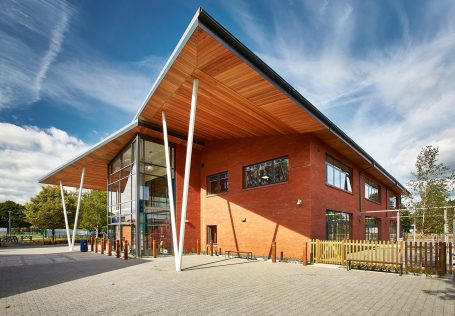In the late 1990s/early 2000s I was fortunate to be Head of Sixth Form at Llanidloes High School in heart of Mid-Wales. We had great demand for A Levels in Law, Psychology and Sociology, but couldn’t recruit teachers in our sparsely populated rural location. Our solution was to use a company called Moorhouse Black to deliver these 3 A Levels, installing a video conferencing suite in 1998. Students were given a folio of information and activities with accompanying textbooks and had a weekly online tutorials, to deal with any misconceptions they had about their studies. The system was very successful and students generally did at least as well in these A Levels as in their other A Levels.
I have given this context to offer some clarity on what remote learning looks like and what part live lessons play in this. Whilst we used video conferencing with Sixth Form students some 20 years ago, times have moved on and current advice is to use ‘voice’ or ‘chat’ lessons instead, for a whole host of complex reasons. They cannot take the place of lessons in school, but do have an important part to play in keeping students in contact with the developing curriculum, and ensuring that they have opportunities to ask their teachers questions.
Live lessons take much more preparation than regular classroom lessons and it would not be helpful for either students or teachers to attempt to deliver them with the same frequency as normal lessons. We are therefore asking teachers to deliver 1 live lesson for every 4 regular lessons in Year 7 and 8, and for each GCSE subject in year 9 and 10 each week. Core PE which is taught for a double lesson each week will not deliver live lessons, but will continue to offer advice on exercise, health and well-being.
What this means in practice in Year 7 and 8 is that for subjects with 4 lessons per week (English, maths) there will be weekly live lessons. For subjects with 3 lessons per week (science, languages) there will be 3 live lessons every 4 weeks; subject with 2 lessons per week (art, drama, geography, history, music, technology) will have a fortnightly live lessons; subjects with 1 lesson each week (ICT, RE) will have a live lesson every 4 weeks. In this way students will have an average of 7 live lessons each week.
In Year 9 and 10 students will have a live lesson in each of the 3 core and 4 option subjects each week, so also 7 live lessons each week.
Students in Year 12 will have individual arrangements within each of their subjects.
I am explaining the rationale behind all of this to give families an idea of the scope of what we are trying to achieve. Many schools are setting work but not offering direct feedback to students. We are convinced that during this extended break from formal education, students will have a much better chance of continuing to make progress in their studies by maintaining regular contact with their teachers.
It is however important to emphasize that this is our ambition, and not a guarantee. Many teachers are also looking after their own young children, are themselves in a vulnerable group or have partners who are vulnerable or are key workers in the NHS or other sectors. We are all dealing with substantial pressures in these very difficult times. The only thing we can guarantee is that we will do our very best. Thank you for your patience and ongoing support in our partnership to continue the education of your children and our students.
Dave Hadley-Pryce
Head Teacher




